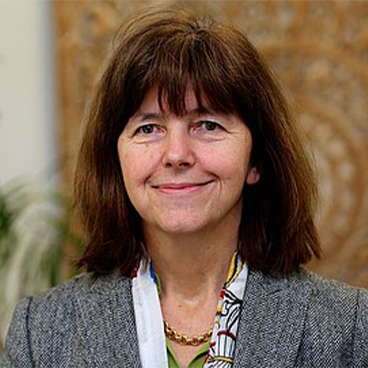EXTENDED ABSTRACT SUBMISSION
The GeoVisions2025 Technical Program Committee invites you to submit your technical papers to be presented formally at the Symposium as ORAL or POSTER in the Technical Sessions.
EXTENDED ABSTRACT SUBMISSION WITH FULL PAPER
Extended abstract and full paper submissions will be handled electronically via the conference’s ConfTool Website. These should be prepared according to the ISPRS guidelines. The guidelines for authors preparing an extended abstract and a full paper in pdf format are given in the ISPRS Orange book link: www.isprs.org/documents/orangebook/app5.aspx.
The academic peer review process (double-blind per review) will be carried out by evaluating the submitted extended abstracts by the scientific committee composed of international experts. Experts will be responsible for reviewing the submitted extended abstracts and selecting full papers (accepted as oral and/or poster presentations) to be presented at proposed technical sessions.
All full papers submitted and presented during GeoVisions2025 will be published in the series of The International Archives of the Photogrammetry, Remote Sensing and Spatial Information Sciences (ISPRS Archives). The ISPRS Archives are listed in the ISI Conference Proceedings Citation Index (CPCI) of the Web of Science, SCOPUS, the E/I Compendex, and the Directory of Open Access Journals (DOAJ).
Important information
The presenting authors of accepted abstracts are required to register before 17 August 2025 for the Symposium for their abstracts’ being included in the program.
Each participant may submit a maximum of two abstracts as the presenting author (either one oral and one poster presentation, or two poster presentations). However, they may be listed as a co-author on multiple submissions.
Extended abstract submission deadline: 15 June 2025
Submission platform: www.conftool.com/GeoVisions2025/
Decision notification for extended abstracts: 25 June 2025
Full paper submission deadline: 17 August 2025

